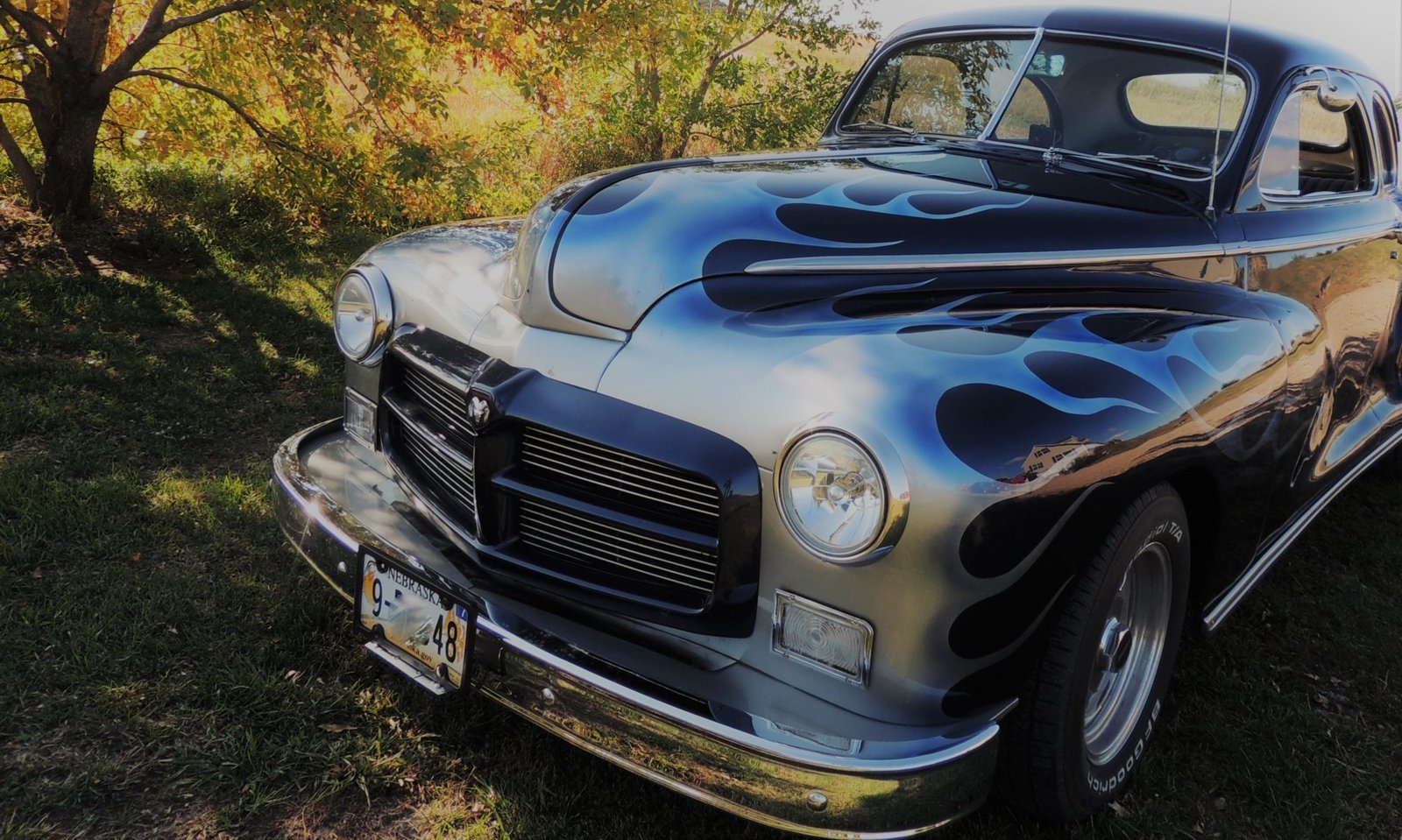
If you enjoy watching old movies, you have likely heard the word “flivver” tossed around on occasion, usually in reference to a Model T. I wondered about the origins of the term and decided to see what evidence could be found in old newspapers.
The earliest reference to the word “flivver” that I could find was 1907, and it was used as a synonym for failure. This slang term was said to have originated in the theater, and a 1909 newspaper story explained it this way: “A flivver is a fizzle. The term was coined by the profession to denote a part that falls flat because there is nothing to it, or even a player who makes a failure because he hasn’t got it in him.” Here is another explanation from a different paper: “A flivver is something that is not a success, perhaps not an outright, hideous failure, but certainly a long way from the top. Even the actor himself, when he fails, may be described as a flivver.”
It may have originated in the theater, but it was also used when discussing 1909 sporting events such as this poetic start to a story about a boxing match: “The Ketchel-Langford flivver has done two things to the pugilistic calendar, besides piercing the tender hearts of the students of the Queensberry game.” Even more colorful was this piece of reporting on baseball’s American League: “The crucial game proved a flivver; the Athletics fell and have been getting the wadding beaten out of them ever since, while Detroit is now serenely sailing with nobody rocking the boat.”
I do not know who first applied the derogatory term to the Model T, but it must have happened quickly because this headline also appeared in 1909:

The story underneath this banner was about a Ford hitting a truck that was heavily laden with nitroglycerine, but, because it was a flivver, it did not hit hard enough to cause an explosion.
The name stuck, and within a few years the newspapers were full of references to the Ford Flivver. This one was about Brooklyn car thieves preferring more expensive cars like Packards.

Finally, this political cartoon from 1916 includes a bottle labeled, “Ford’s Flivver Cure.” This was a reference to Henry Ford’s attempt to end the First World War by sending a “peace ship” full of peace advocates to Europe to exert moral and diplomatic pressure to end the war. Ford paid all the expenses for this trip, but it was widely ridiculed in the press. Theodore Roosevelt condemned it as a “ridiculous and mischievous jitney peace junket!” and the war raged on, so I guess you could say the trip itself was something of a flivver.


Sources:
“Chat and Comment.” Fall River Daily Evening News, 10 Feb 1910, p. 6.
Hobart, George. “New Year Dinkelspielers.” Ledger-Star [Norfolk, Virginia], 11 January 1907, p. 13.
“Good thing It Was a Flivver.” The Chronicle Telegram [Elyria, Ohio], 31 Mar 1909, p. 4.
Greene, Sid. “War Grip.” The Daily Gleaner [Fredericton, York, New Brunswick, Canada], 20 Jan 1916, p. 5.
“Know About the ‘Flivver’ Thing?” The Kansas City Times, 9 Feb 1910, p. 8.
“Langford Has Had Hard Luck.” The Butte Daily Post, 27 Sept 1909, p. 6.
“Roosevelt Urges Unity in Defense.” The New York Times, 6 Dec 1915, p. 3.
“Three Clubs Now in Pennant Fight.” The Bridgeport Times and Evening Farmer, 20 Jul 1909, p. 4.
“Want an Auto? Just Take One.” The Brooklyn Daily Times, 22 Jul 1915, p. 12.

